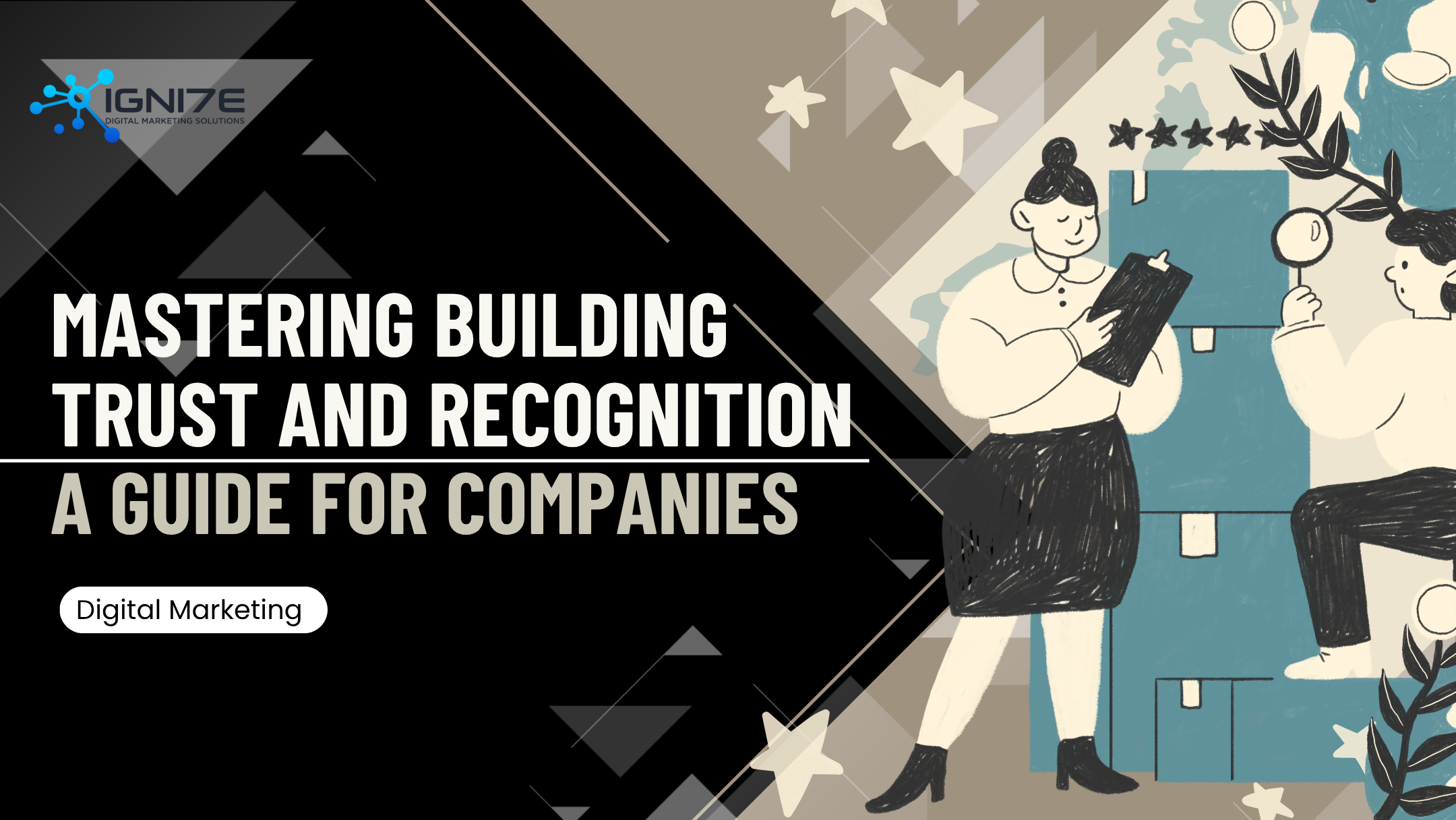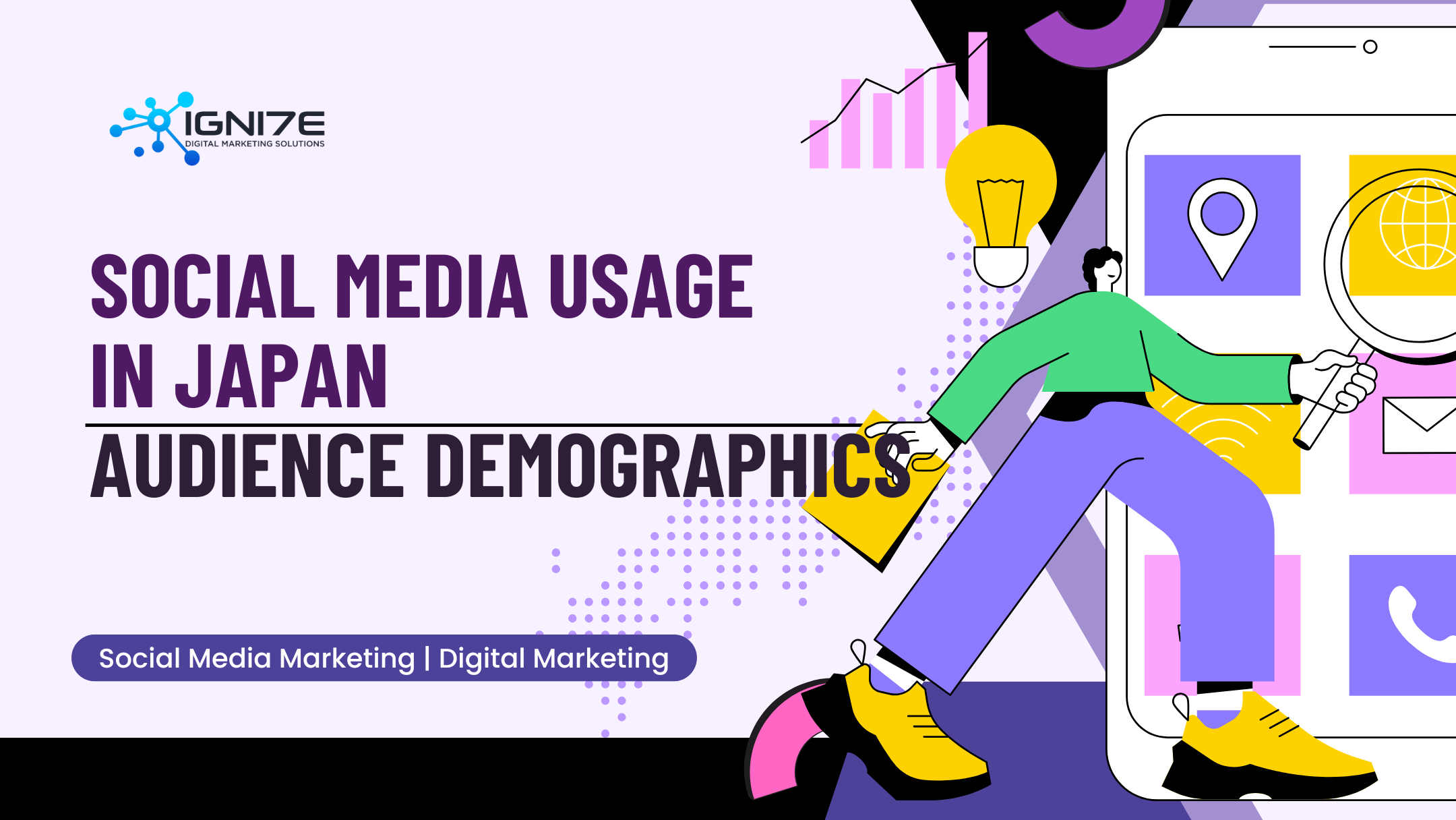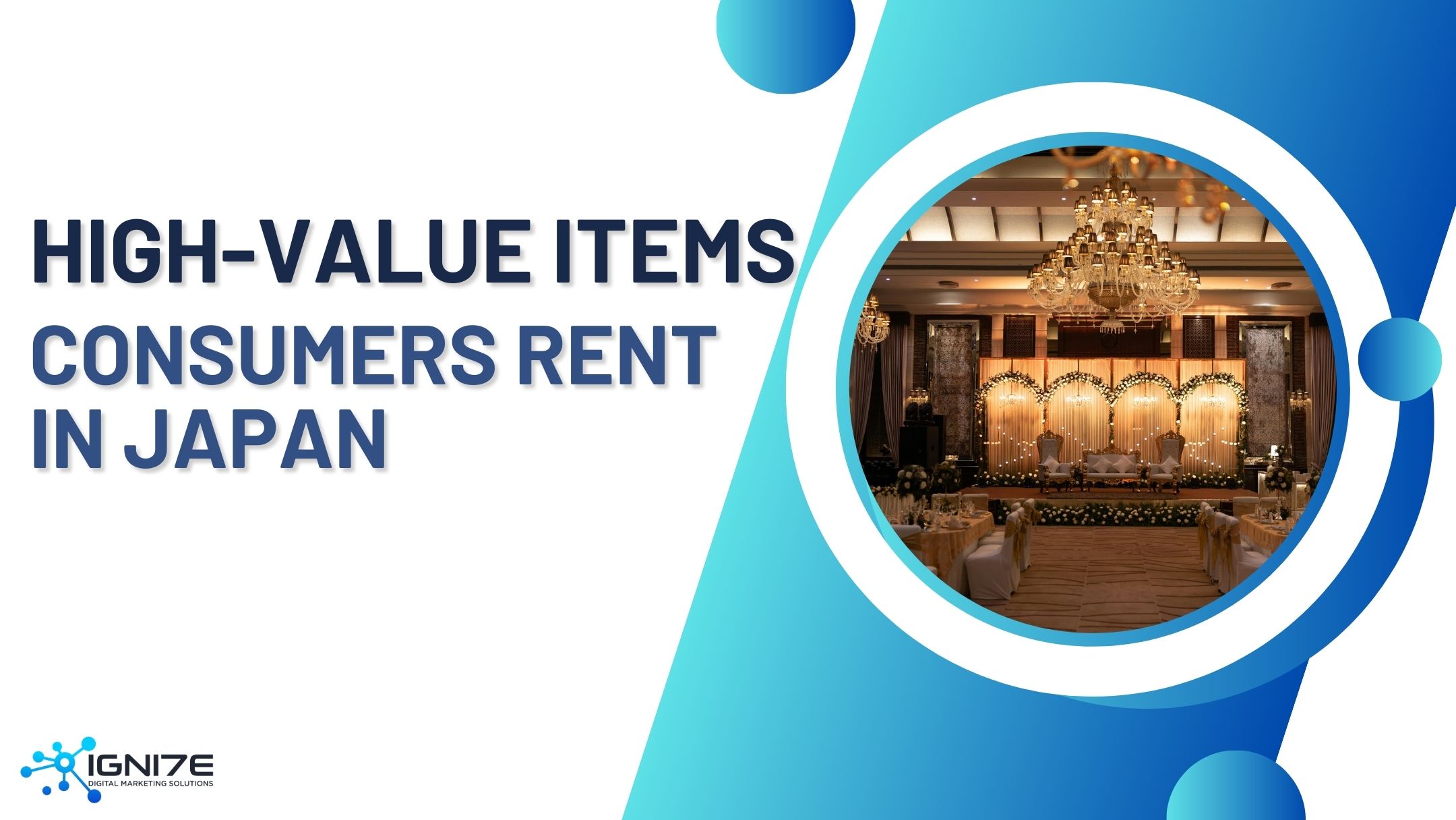Top 5 Best AI Translation Tools Used in Japan
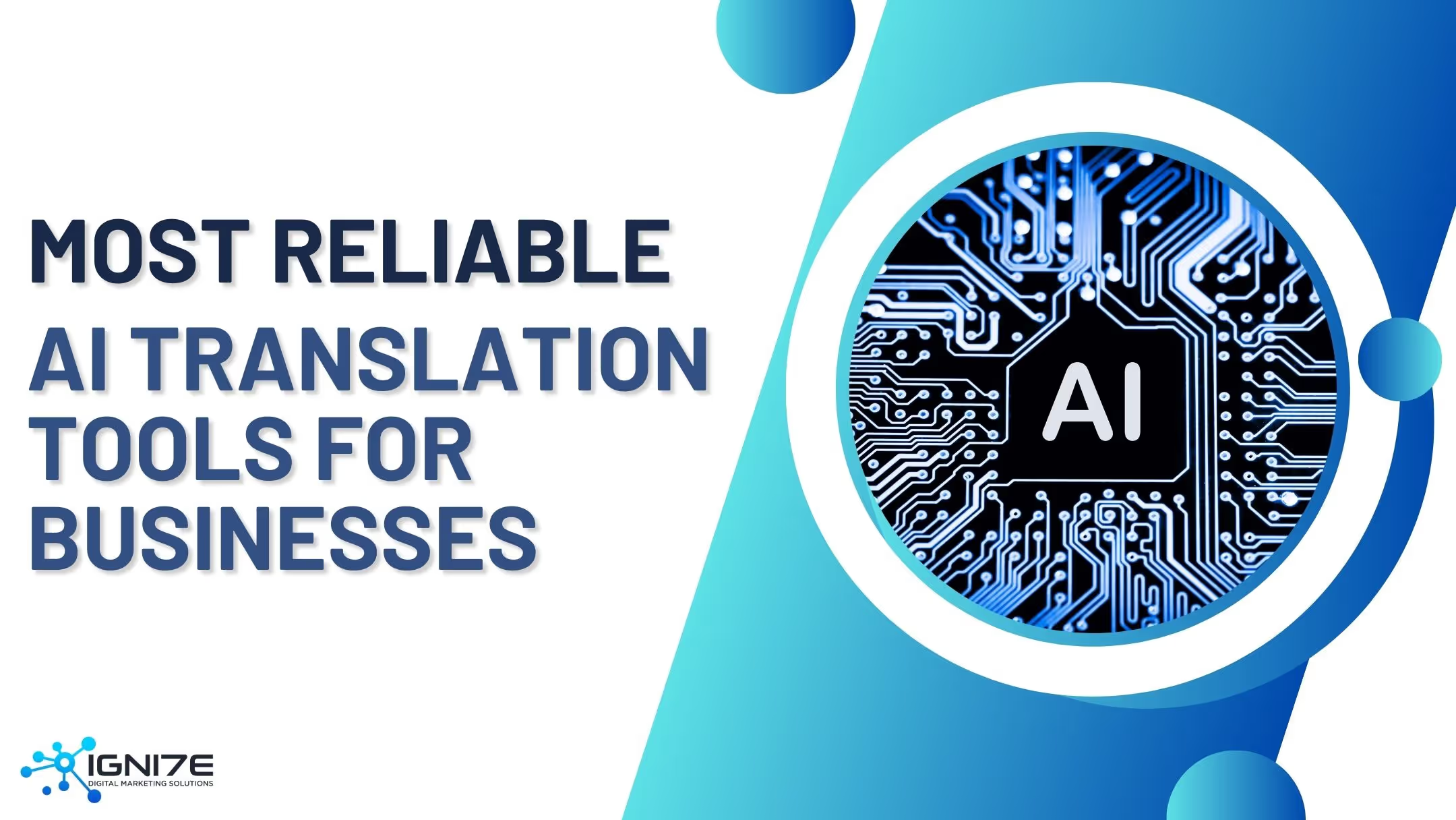
As Japan continues to expand its global business presence, the demand for accurate, intelligent translation tools has never been higher. Whether collaborating with international clients, creating bilingual documents, or localizing global content for the Japanese market, companies across industries rely on AI-powered translation to stay competitive. In this article, we explore the top AI translation tools currently used by businesses in Japan, highlighting what makes each one effective and how they're shaping the future of cross-language communication in the corporate world.
Most Used AI Translation Tools for Business in Japan
- DeepL Translator
- Google Translate
- ChatGPT (Open AI)
- Gemini (by Google)
- Kotozna AI
1. DeepL Translator
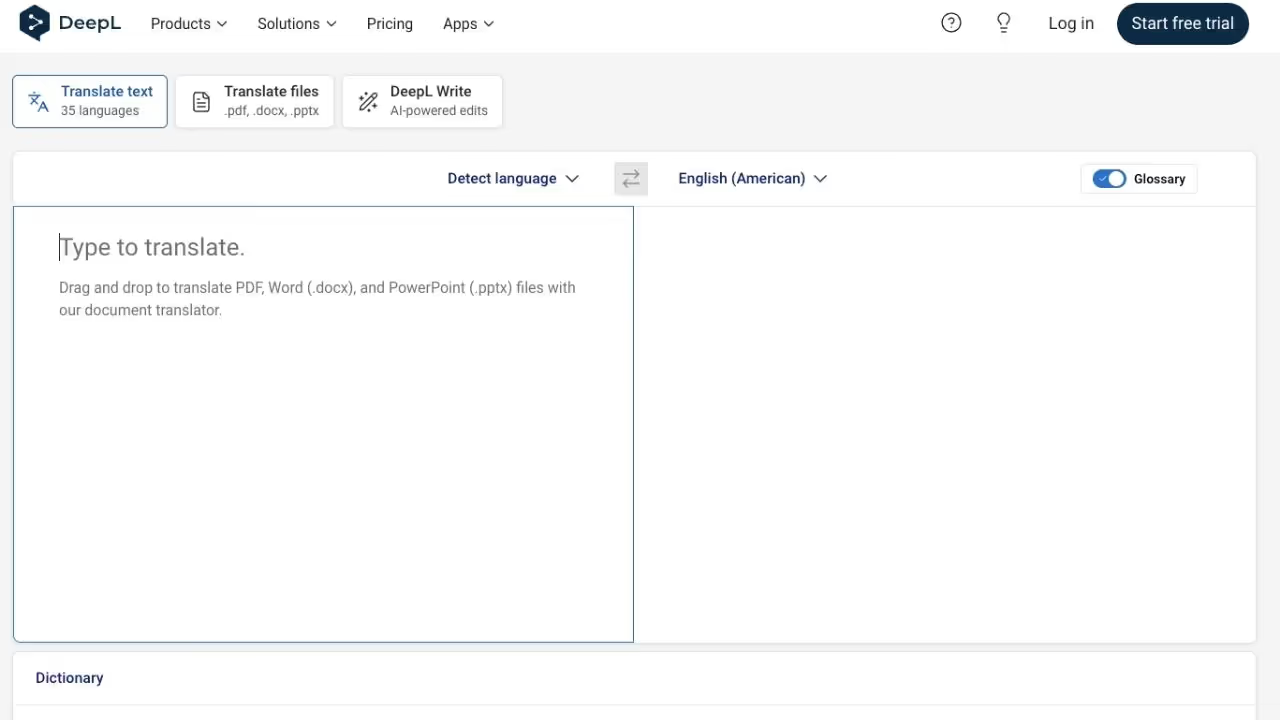
Source: DeepL Homepage
DeepL remains the most widely trusted AI translation tool among professionals and corporations in Japan. It is particularly valued for its fluency and contextual understanding when translating between Japanese and English. Industries such as legal, tech, and manufacturing rely on DeepL to produce high-quality translations of emails, proposals, reports, and presentations. Thanks to its secure, private translation environment, the Pro version is significant for enterprise users, helping companies maintain confidentiality without sacrificing quality.
2. Google Translate

Source: Google Translate Homepage
Google Translate is still popular in Japan, especially for its speed and accessibility. It supports many languages and is helpful for quick, informal translations. While it’s not always suitable for high-level business documents due to its more literal output, it is often used for basic understanding, general browsing, or when dealing with multilingual customer inquiries in a more casual setting.
3. ChatGPT (Open AI)
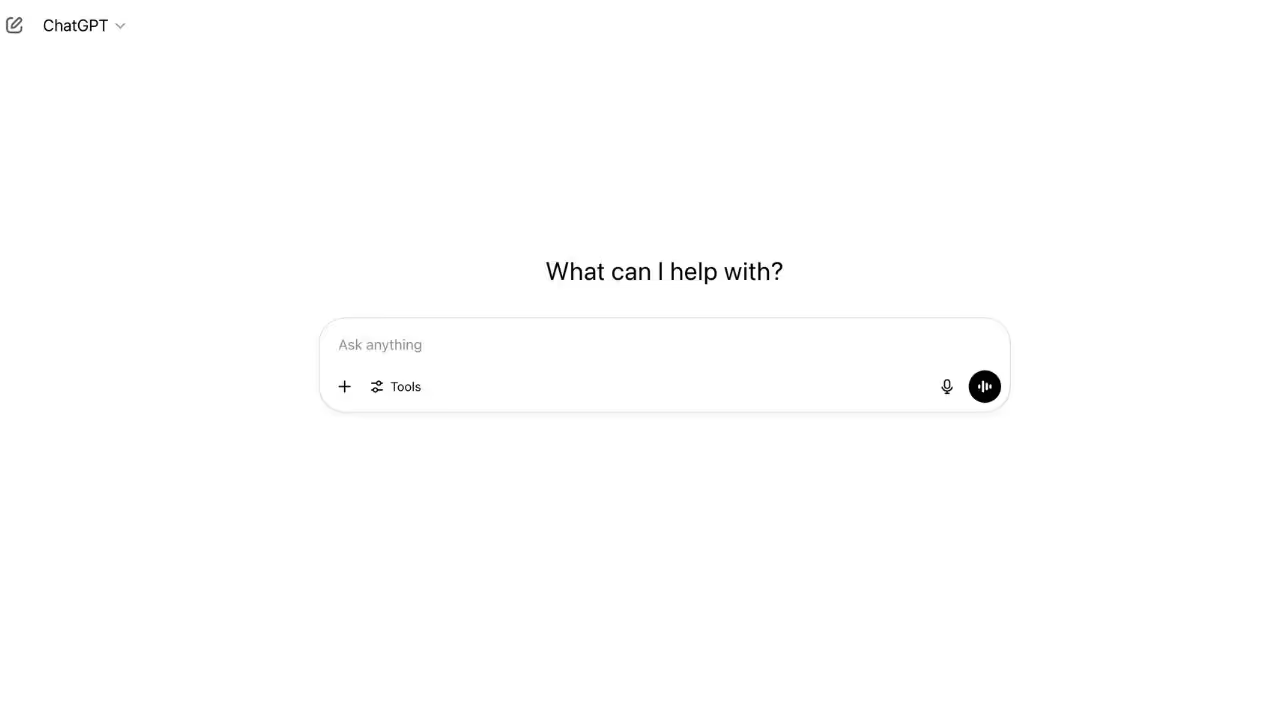
Source: ChatGPT Homepage
ChatGPT is increasingly used in Japan for general communication, translation, editing, and localization. While ChatGPT is not a direct replacement for traditional translation engines, businesses use it to review, rephrase, or polish translations generated by other tools. It helps refine tone, ensure clarity, and even suggest culturally appropriate alternatives. Companies also rely on ChatGPT to explain the nuances behind phrases or to assist in bilingual copywriting for marketing, proposals, and client communications.
4. Gemini (by Google)
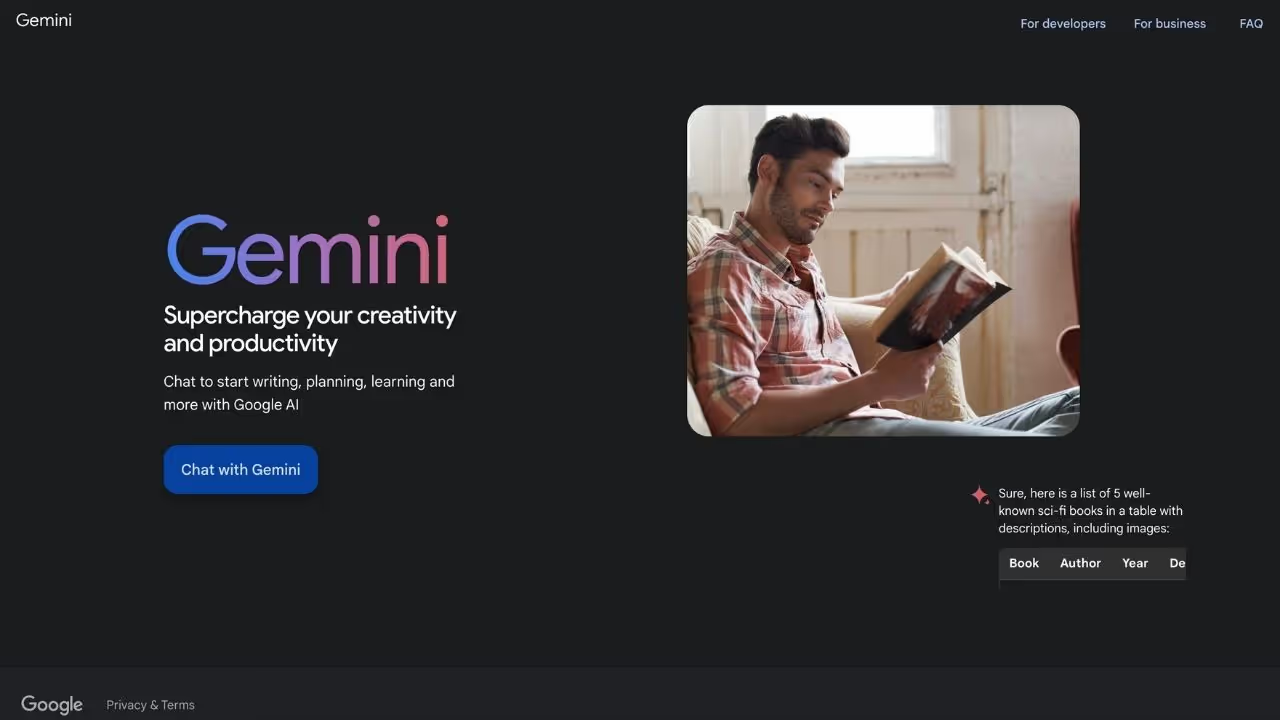
Source: Gemini Homepage
Gemini, Google’s advanced AI platform, is beginning to gain traction in Japan among business users looking for more than just translation. Beyond its ability to translate, Gemini is used to rewrite, summarize, and adapt content for different audiences. Businesses use Gemini to localize global content, generate bilingual documents, and even help streamline internal communication by clarifying complex language. It’s ideal for companies looking to enhance their productivity while maintaining a consistent tone and clarity across languages.
5. Kotozna AI
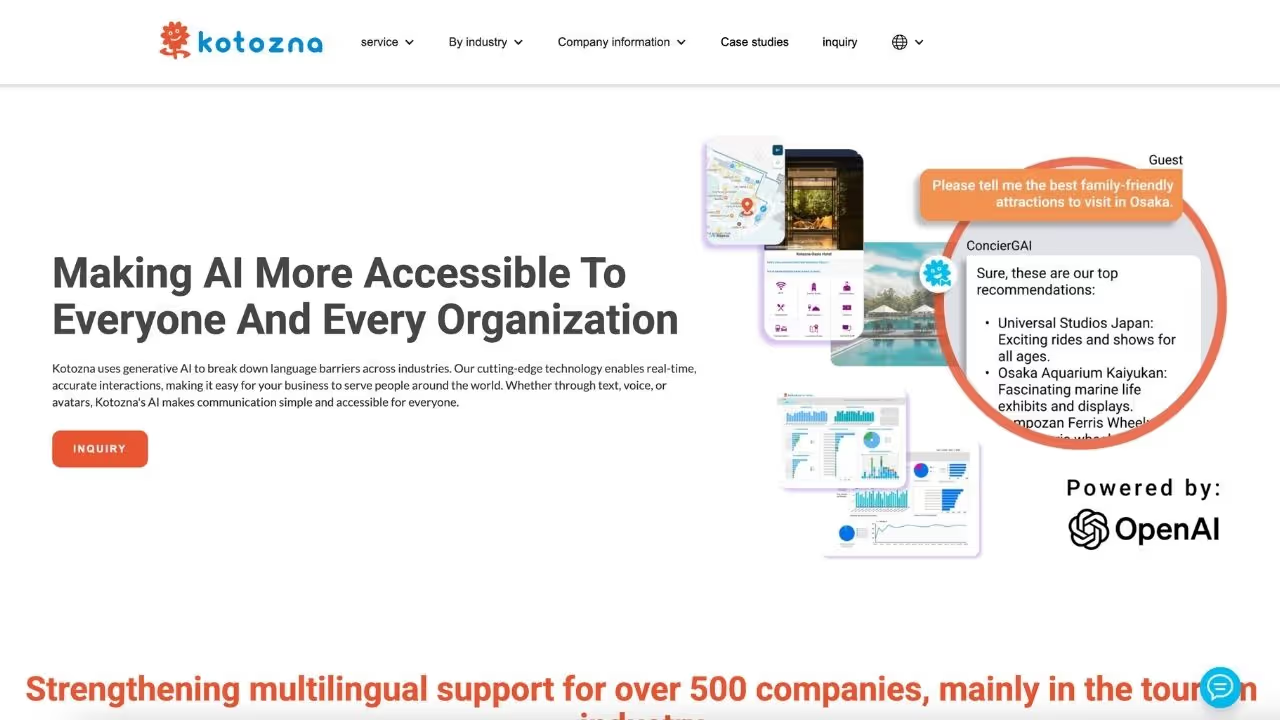
Source: Kotozna AI Homepage
Kotozna AI is a multilingual communication tool developed in Japan that has been growing in popularity, particularly in the hospitality and tourism sectors. Businesses such as hotels, ryokans, and tourist information centers use it to interact with foreign customers in real time. It supports text and voice input and can be embedded into websites, tablets, and digital signage. While less document-focused, its real-time translation capabilities make it an essential tool in customer-facing environments.
Conclusion
Japan’s business landscape and the tools companies use to communicate across borders are evolving. While traditional machine translation has its place, today’s AI-driven platforms offer far more, providing deeper context, customizable outputs, and enterprise-level security. Tools like DeepL and Google Translate remain strong choices for everyday use, while platforms like Gemini and ChatGPT reshape how businesses generate, refine, and localize content. Whether you're a startup, a global enterprise, or anything in between, choosing the right AI translation tool can unlock new opportunities and streamline your operations in an increasingly multilingual world.



